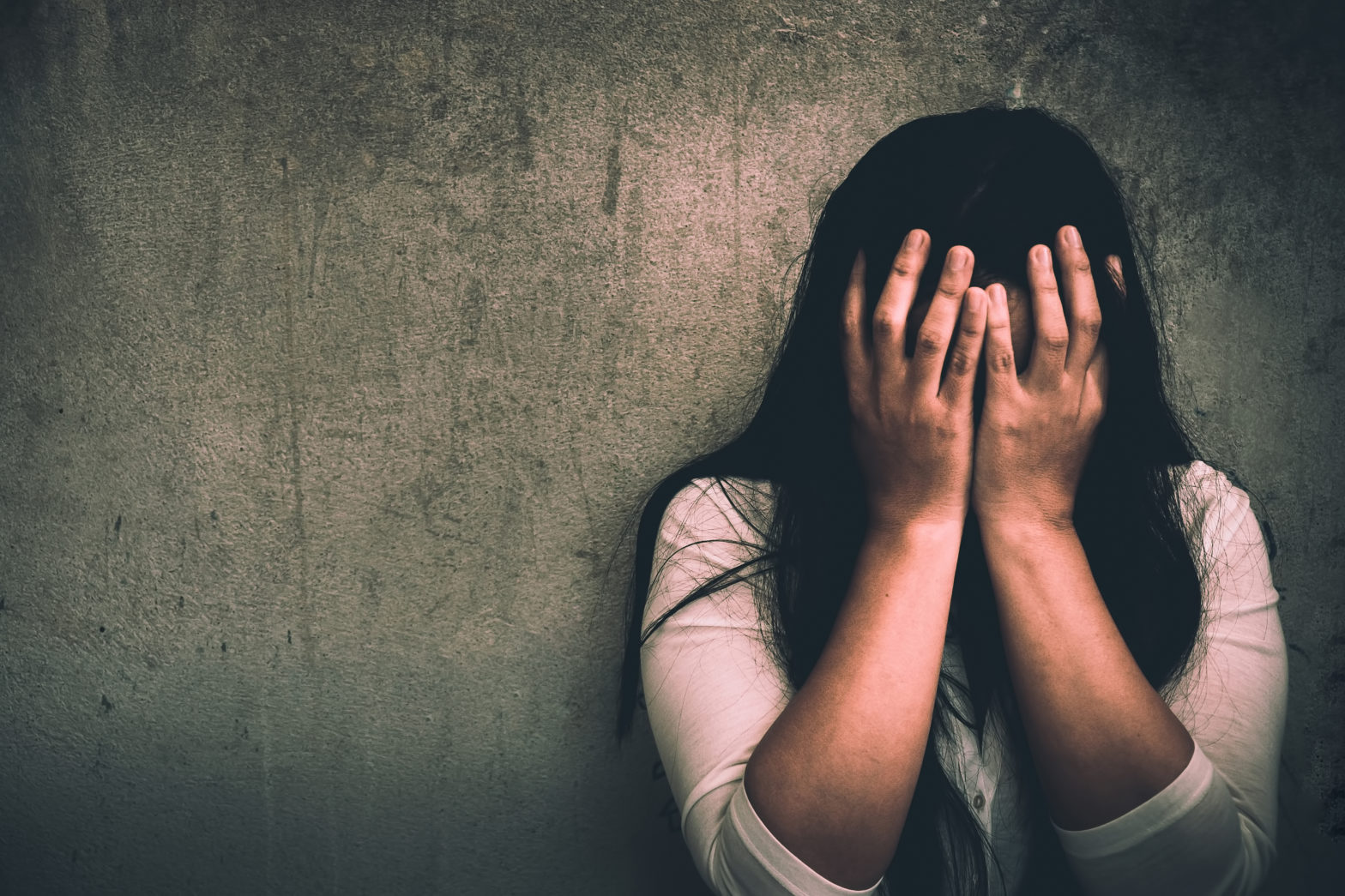Understanding Depression: Signs, Symptoms, and Treatment
Posted by Improving Lives Counseling Services, Inc. | Depression

Are you, or someone you know, avoiding phone calls, failing to respond to the continuous ringing of a doorbell, or letting unopened mail pile up at the door? Is there a lack of interest in things once enjoyed or a refusal to attend school or go to work? Is a once clean home in disarray or is there a lack of basic self-care? When asked what’s wrong, or changes in behavior are mentioned, is the response, “I’m fine,” “Nothing’s wrong,” or “Leave me alone”? These are signs of depression, and it can happen to anyone. The therapists and counselors of Improving Lives Counseling Services diagnose and treat depression, the symptoms, and the disease.
WHAT IS DEPRESSION
Depression is a serious medical condition which negatively affects how a person feels, the thoughts they have, how they act, how decisions are made, and how they respond to others. It is a mental health disorder characterized by feelings of sadness, hopelessness, loneliness, low self-esteem, and a lack of interest in activities and in others. Often related to mood, depression goes beyond having an off day, wishing it would stop raining, or a desire to get away from the crowd. Depression significantly impacts daily routines, self-care, relationships, and mental and physical well-being.
CAUSES OF DEPRESSION
The exact causes of depression are complex and often involve a combination of genetic, biological, environmental, and psychological factors. Causes can include a dysfunctional homelife, a traumatic life event, loss of income, death of a loved one, homelessness, a chronic illness, burnout, fear, anxiety, or chronic stress. Other common factors include substance abuse, personality disorders, behavioral disorders, compulsive disorders, and loneliness. Narcissistic manipulation, gaslighting, conspiracy theories, and life-threatening, criminal, and discriminating acts can cause depression. Less common risk factors include family history, generational trauma, genes, and certain medications.
CLINICAL DEPRESSION
Clinical depression is a more severe form of depression. Symptoms of major depressive disorder or clinical depression include feelings of guilt or worthlessness, agitation, deceleration of physical activity, an inability to feel pleasure, an inability to concentrate, physical exhaustion, reduced appetite, slowed body movements, daytime nightmares, an inability to make decisions, uncontrollable crying, sleep deprivation, an unshakeable bad mood, thoughts of death, and suicidality. The licensed, trained counselors, therapists, and clinicians of Improving Lives Counseling Services use the symptom criteria as published by the American psychiatric Association (DSM-5) when treating chronic depression.
PSYCHOLOGICAL EFFECT OF DEPRESSION ON THE BRAIN
Depression causes loss of brain cells and structural changes to the brain. Magnetic Resonance Imaging (MRI) studies show that shrinkage reduces brain volume, causes decreases in the hippocampus, and damage to the base of the forebrain – the part of the brain associated with movement and dopamine dysfunction. The part of the brain that controls learning, emotion, and memory, and the part that controls reasoning, intelligence, and planning gets smaller. In addition, depression kills brain cells, can prevent new cells from growing, and affects navigation and perception. Brain inflammation affecting neurological function has been linked to patients diagnosed with chronic depression. “Depression may also be linked to reduced oxygen in the body. Reduced oxygen levels may be due to changes in breathing caused by depression — but which comes first remains unknown.”
PHYSIOLOGICAL EFFECT OF DEPRESSION ON THE BODY
Physical symptoms are common in depression. Chronic joint pain, GI (gastrointestinal) diseases, lower back pain, high blood pressure, trouble breathing, and movement coordination can be affected by depression. Clients can experience a reduction in their ability to learn, recall, or perform activities such as throwing a ball, playing an instrument, riding a bicycle, or driving a car. Simple tasks such as preparing a meal, using a vacuum, or doing laundry can become challenging. Changes in psychomotor activity affect dexterity, flexibility, and hand-eye coordination. “Recent studies found that having severe depression lead to a 500% increase in the odds of having sleep paralysis, and it has been shown that leaden paralysis may be common in atypical depression.” In addition, depression has been linked to headaches, sleepwalking, weight loss, and weight gain.
OUR TEAM OF PROFESSIONALS CAN HELP
It’s important to note that depression is a treatable condition and no two clients are the same. Meeting the specific needs of each client, Improving Lives Counseling Services’ team of professional counselors, therapists, and clinicians may include cognitive behavioral therapy, psychotherapy, brain stimulation therapies, medication, or a combination in developing treatment plans. Lifestyle changes, social support, and self-care practices can also play a crucial role in managing depression. If you suspect that you or someone you know is experiencing depression, it’s essential to seek professional help for an accurate diagnosis and appropriate treatment. Don’t wait, stop the pain. Live the life you were meant to live. Call us: 918-960-7852
